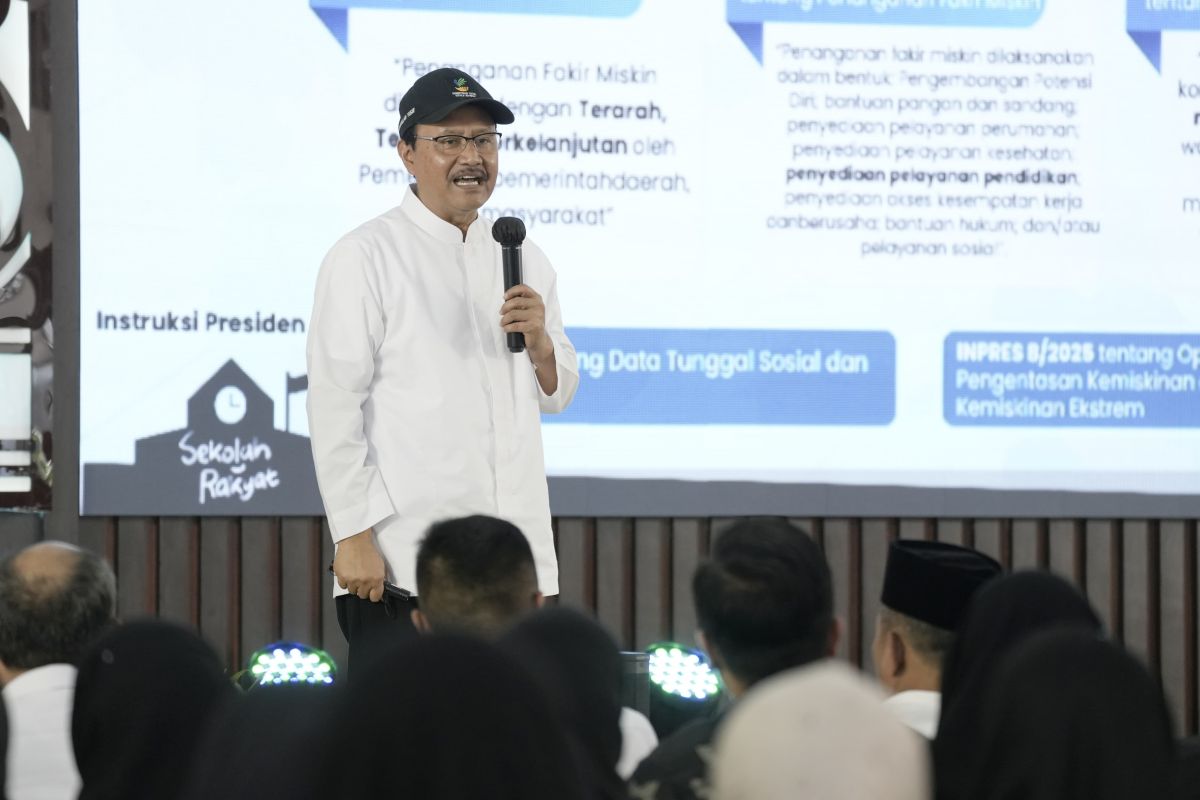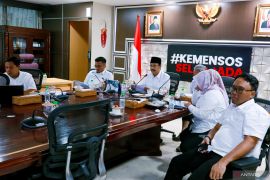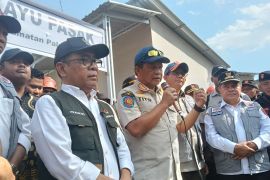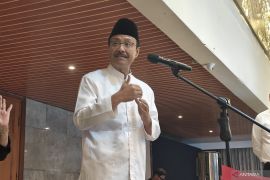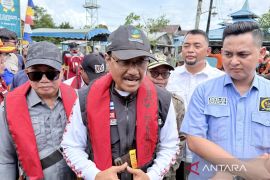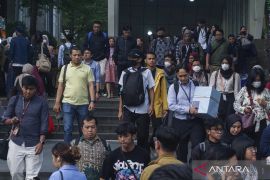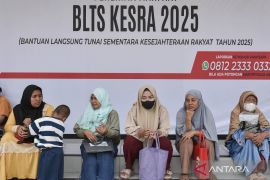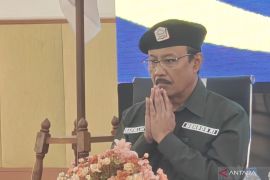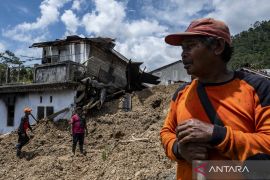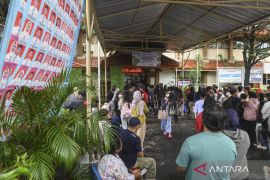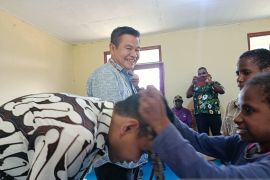This shift was conveyed by Minister of Social Affairs Saifullah Yusuf during a meeting with 294 social volunteers in Lumajang District, East Java, according to a statement issued on Friday.
“Social assistance is temporary, but empowerment is a long-term solution,” he said. “Therefore, current social policies aim to reduce dependence and strengthen self-reliance.”
Yusuf said this new paradigm is the basis for the formation of the Coordinating Ministry for Community Empowerment, established by President Prabowo Subianto. The ministry aims to balance social protection with capacity building for the poor.
“Empowerment is the key for people to move up and become self-sufficient,” he explained.
During Friday’s event, the minister launched programs that utilize local resources, such as turning banana stems into products with high economic value—a practice that can be applied in Lumajang.
According to the district head, Lumajang has around 6,000 hectares of banana plantations spread across several areas that are ready for development.
The Ministry of Social Affairs plans to train residents from two villages in processing banana stems into marketable products. The training will cover both production skills and market access, serving as a tangible effort to empower local communities.
District head Indah Amperawati welcomed the initiative, expressing hope that it would help residents build sustainable businesses.
Related news: West Java's vasectomy-for-aid plan lacks legitimacy: Minister
Related news: Government ramps up support for laid-off workers with DTSEN: Minister
Translator: M Riezko, Raka Adji
Editor: Anton Santoso
Copyright © ANTARA 2025
